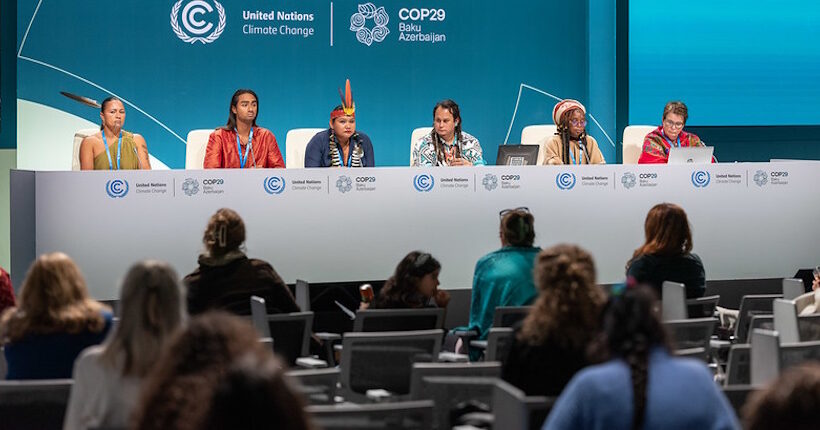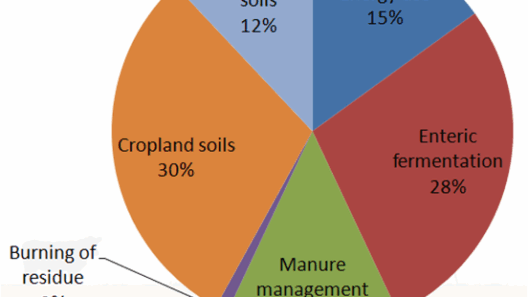In the rapidly unfolding narrative of climate change, policymakers are confronted with multifaceted pressures that compel them to reassess their strategies and commitments towards environmental stewardship. The phenomenon of global warming, now an undeniable reality, is not merely an abstract concept, but a pressing crisis that beckons immediate and comprehensive action. This reality shapes public policies at various levels— local, national, and international— often illuminated by ambiguous and sometimes conflicting public opinions.
The term “policy under pressure” encapsulates the essence of the current predicament where existing frameworks are critically evaluated against the backdrop of escalating temperatures and climate-related disasters. A palpable urgency exists, urging decision-makers to pivot from traditional paradigms of governance to embrace innovative solutions that transcend mere compliance with international agreements.
At the core of this transformation is the realization that climate change is not just an environmental issue; it is inherently intertwined with economics, health, and social equity. For instance, the health repercussions of air pollution and extreme heat disproportionately affect marginalized communities, thereby necessitating inclusive policies that address these disparities. The challenge lies in crafting policies that are not only ambitious but also feasible, supported by scientific evidence and public engagement.
Moreover, as evidence mounts, so does the scrutiny on the commitments made during international summits, such as the COP conferences. The disconnect between public expectations and governmental actions manifests in skepticism regarding promises made by leaders. Citizens increasingly demand accountability and transparency from their representatives, advocating for policies that genuinely reflect climate science and the urgency of the moment. This evolution calls for a novel perspective that transcends political dogma, demanding a collective response based on shared responsibility and common humanity.
Furthermore, there is a tantalizing opportunity for innovation in the climate policy domain. As countries grapple with the implications of global warming, industries are increasingly pressured to adopt sustainable practices that minimize their carbon footprints. This shift not only addresses environmental concerns but also fosters economic opportunities through the creation of green jobs. In an era where technology and sustainability converge, policies that incentivize renewable energy, sustainable agriculture, and energy-efficient infrastructure can catalyze a transformative green economy.
However, this optimistic narrative is often clouded by the realities of political inertia and vested interests. Lobbying by fossil fuel industries, for example, continues to exert significant influence over policy decisions, creating formidable barriers to achieving climate goals. The challenge is not merely to advocate for sustainable practices but to dismantle the systemic forces that perpetuate reliance on fossil fuels. This necessitates a robust civic engagement strategy, enabling individuals to become informed advocates for climate justice.
As public awareness of climate issues rises, there is a fundamental shift in the perception of climate change as a cross-cutting challenge that transcends geographic and temporal boundaries. The climate crisis affects global security, economic stability, and societal wellbeing. Policymakers are now called upon to develop long-term strategies that not only mitigate the impacts of climate change but also enhance resilience against its inevitability. This requires an integrated approach that incorporates environmental stewardship as a central tenet of public policy.
Education emerges as a pivotal element in this transition. As communities become more informed about the scientific underpinnings of climate change, they are more likely to support bold policy initiatives. By fostering a culture of environmental literacy and activism, societies can empower their citizens to demand more from their leaders. Engagement in local governance and environmental advocacy groups can serve as a springboard for bottom-up policy development that aligns with community needs and environmental realities.
The impact of climate change on global migration patterns is yet another pressing consideration for policymakers. As regions become increasingly inhospitable due to extreme weather events, the phenomenon of climate refugees is likely to escalate. This migration poses unique challenges to national and international governance structures, compelling countries to reconsider their immigration policies in light of human rights considerations and global solidarity. The interconnectedness of climate change and migration underscores the necessity for transnational cooperation and policy harmonization.
In this context, the role of international agreements cannot be overstated. The Paris Agreement serves as a crucial benchmark, exemplifying the potential for collective action. However, the struggle remains in ensuring that countries fulfill their pledges, translating agreements into actionable policies. The tension between national interests and global responsibilities often hinders progress, yet it is precisely this tension that holds the key to unlocking transformative change. A reimagined approach to international cooperation that prioritizes collective wellbeing over individual gain could pave the way for unprecedented advancements in climate policy.
Ultimately, the journey toward effective climate policy is fraught with challenges, but also ripe with potential. As the impacts of global warming become increasingly pronounced, the urgency for substantial and sustained action will only intensify. Policymakers must embrace this urgency, guided by the imperative to develop inclusive, equitable, and science-based policies. A convergence of public sentiment, scientific rigor, and political will can catalyze a paradigm shift, redirecting the trajectory of our planet’s future. Only through such a transformation can we hope to meet the ambitious yet necessary targets for mitigating climate change and safeguarding the planet for generations to come.







